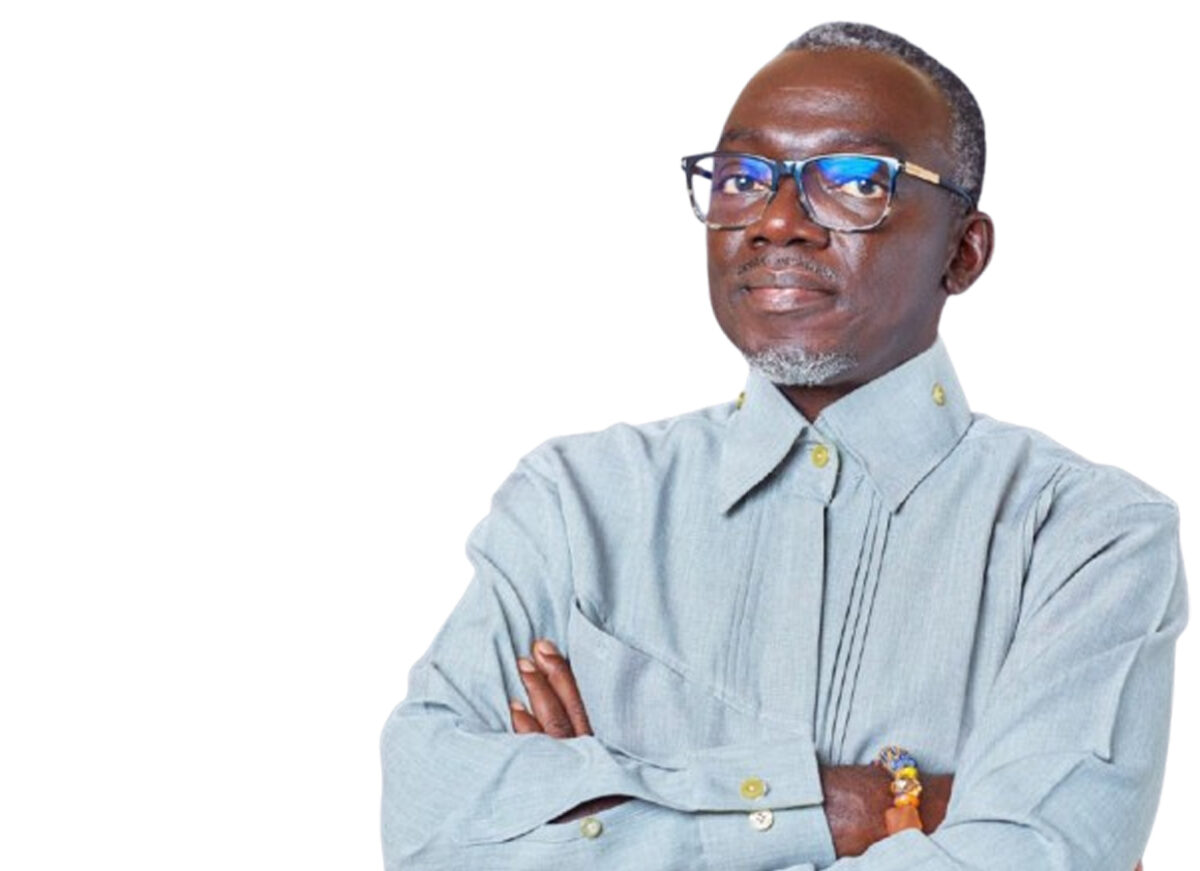THE INCONVENIENT TRUTH. WHEN THE FOREST, LAND, AND RIVER CRY, IT IS NOT CALLING PRESIDENT MAHAMA; IT IS CALLING ON ALL CITIZENS.
20/10/2025PROJECT OVERRUNS: WHEN VALUE ENGINEERING MEETS THE DISCIPLINE OF FORESIGHT
23/10/2025
THE GREEN HORIZON:
When boardrooms decide the fate of the planet
SPEECH:- By Professor Douglas Boateng, MSc, EngD, FCILT, FIoD, FIOM, FCMI, FGhIE, CDir (UK), CEng (UK) (Rtd)
The destiny of nations was once decided in parliaments and on battlefields. Today, it is decided in boardrooms, where signatures can heal or harm, where silence can sustain or suffocate.
We live in an age where the Earth no longer shouts; it wheezes. The rivers whisper warnings, and the skies plead for restraint. Yet in too many boardrooms, quarterly profits still speak louder than planetary pain. The Earth does not send invoices, but one day it will collect interest with compounded consequences.
Governance was meant to be the conscience of capitalism. But when conscience is outsourced, greed becomes policy and negligence becomes culture. In 2023 alone, the world lost 10 million hectares of forest; the equivalent of 27 football fields every minute. A single oil spill in the Niger Delta destroyed livelihoods for decades, while illegal gold mining in Ghana poisoned rivers that once gave life to entire communities.
This is not merely environmental tragedy; it is governance failure in slow motion. When leadership thinks only in four to five-year cycles, the environment becomes collateral damage to ambition.
Africa holds sixty per cent of the world’s solar potential and nearly thirty per cent of its mineral wealth. Yet the continent still imports finished goods made from its own resources, often extracted at environmental cost and exported without conscience. From Ghana’s polluted rivers to Zambia’s abandoned mines, the tragedy is the same: wealth beneath, poverty above.
The irony is profound. The same continent, which is being exploited for green minerals, is the one most capable of leading a green industrial revolution if governance becomes long-term, disciplined, and ethical.
According to the IMF, environmental degradation costs developing economies up to five per cent of GDP annually. In sub-Saharan Africa, climate-related disasters have pushed over thirty million people into extreme poverty in the past decade. Every flood, every polluted well, and every drought-induced migration is a receipt for governance failure.
When boardrooms chase short-term profits without accounting for environmental and social impact, they are not just losing money; they are mortgaging the future.
Sometimes humour is the only polite way to speak the truth. We plant trees for photo shoots, not for oxygen. We hold sustainability summits in hotels cooled by diesel generators. We have become experts at public relations and amateurs at preservation.
Across Asia and Europe, corporations that pledge “net zero” quietly invest in coal. It is the modern theatre of morality where virtue is marketed and value is missing.
ESG — Environmental, Social, and Governance is not a Western invention. It is an ancient African principle of harmony. Environmental responsibility is not about trees; it is about time and temperature. Social responsibility is not about donations; it is about dignity. Governance is not about meetings; it is about meaning. True sustainability is not what we build; it is what we refuse to destroy.
There are lessons to be learned from those who got it right. Japan treated waste as a national sin. Norway created a sovereign wealth fund that invests responsibly. Rwanda banned plastic. Morocco built one of the world’s largest solar farms. These are examples of disciplined governance.
If boardrooms fail, nations bleed. The Earth will not wait for us to finish our PowerPoint slides. Nature is not in rebellion; it is simply collecting what it is owed.
Ghana and Africa can act now. Make ESG measurable and enforceable. Establish national green investment banks. Decentralise environmental governance. Reform procurement to reward integrity. Turn waste into wealth. Empower youth. Kenya’s plastic ban reduced marine waste by seventy per cent. Ethiopia planted four billion trees. South Africa’s recycling industry employs sixty thousand people. Ghana’s Energy Commission solar initiative could cut household emissions by thirty per cent by 2030.
These are not miracles; they are milestones when governance works.
Governance must evolve from compliance to conscience, from paper to practice, from signatures to substance.
Despite the chaos, hope remains abundant. Young Africans are designing cassava-based packaging, solar-powered irrigation, and recyclable construction materials. The green economy is not a dream; it is a trillion-dollar opportunity waiting for discipline to lead it.
If we govern wisely, Africa can be the renewable energy capital of the world. If we govern poorly, we will export our future for someone else’s comfort.
The green horizon is not distant. It is a decision waiting in every boardroom today. If we get ESG right, humanity heals. If we get it wrong, the next generation will inherit a planet that remembers us only by our waste.
We must not leave to our children a world richer in regrets than in resources. History will not remember our titles; it will remember the air our grandchildren breathe.
